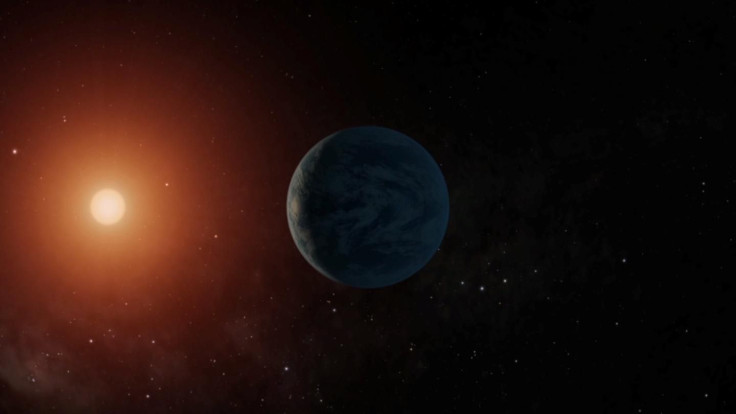New Study Suggests Hydrogen Planets Could Host Alien Life
KEY POINTS
- A new study revealed that life can survive in planets with hydrogen atmospheres
- Scientists conducted an experiment using yeast and E. coli bacteria
- The study could be used to find alien life in exoplanets
A group of astrophysicists claimed in a new study that alien life could exist in planets with atmospheres mainly composed of hydrogen. The new findings could change the way scientists hunt for signs of alien life in exoplanets.
The new study was led by astrophysicist Sara Seager of the Massachusetts Institute of Technology. It was published in the journal Nature Astronomy.
Planets with mostly hydrogen atmospheres are often regarded as uninhabitable due to their toxic environment. Earth’s atmosphere, for instance, mainly consists of nitrogen. Hydrogen, on the other hand, only makes up less than one part per million of the atmosphere. The composition of the planet’s atmosphere is one of the main reasons why Earth is habitable.
However, in a recent study, a team of astrophysicists was able to prove that life can still flourish in planets with atmospheres composed of hydrogen. They came up with this conclusion after conducting an experiment with yeast and Escherichia coli, or E. coli.
The subjects were exposed to an environment with a 100% hydrogen atmosphere. Despite these conditions, the astrophysicists discovered that the microbes were able to survive.
According to Seager, the study she carried out with her team proves the possibility of finding traces of alien life in worlds that were previously labeled as inhospitable. Since most of the exoplanets discovered showed high readings of hydrogen in their atmospheres, scientists will have a wider opportunity of finding alien life.
Aside from exoplanets, scientists could also revisit planets within the Solar System such as Jupiter, Saturn, Uranus and Neptune. The atmospheres of these planets are mainly composed of hydrogen and helium.
“I want to push astronomers to think more broadly about what kind of planets might be habitable,” Seager said, according to Space.com. “Biologists, if they ever thought of hydrogen-rich atmospheres, would think it's fine for life to survive, because hydrogen is not known to be toxic to life.”
“[Most astronomers] are not aware that life can survive in hydrogen-dominated atmospheres, so our work was to give a clear and concise experimental evidence that it is so,” she continued.

© Copyright IBTimes 2024. All rights reserved.





















